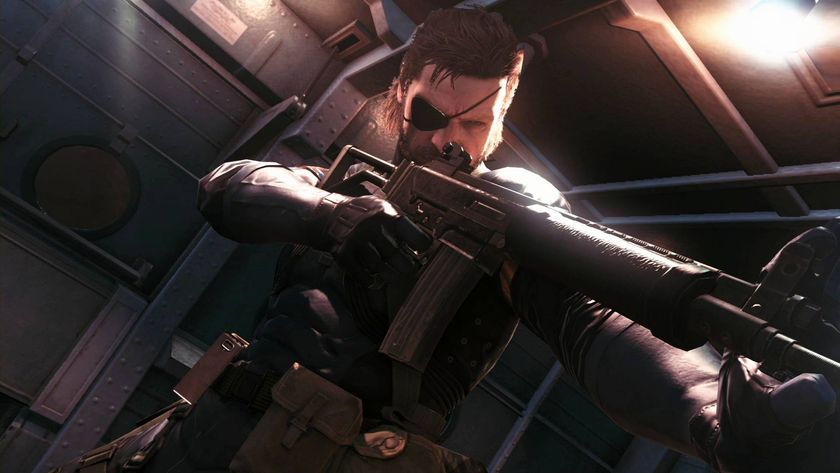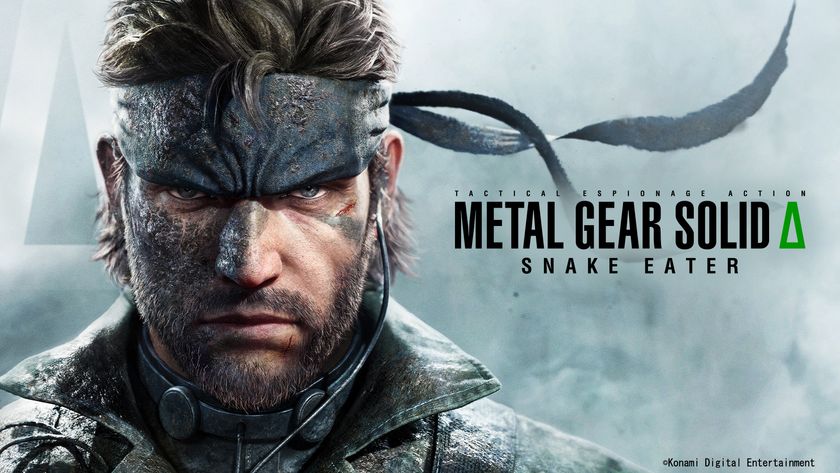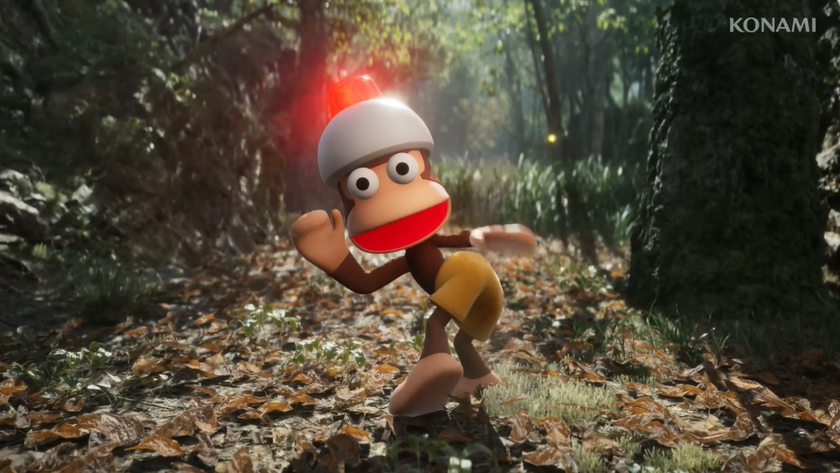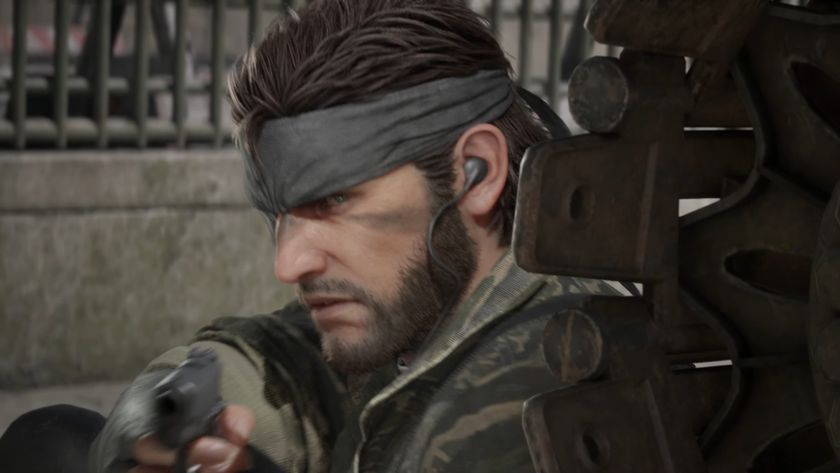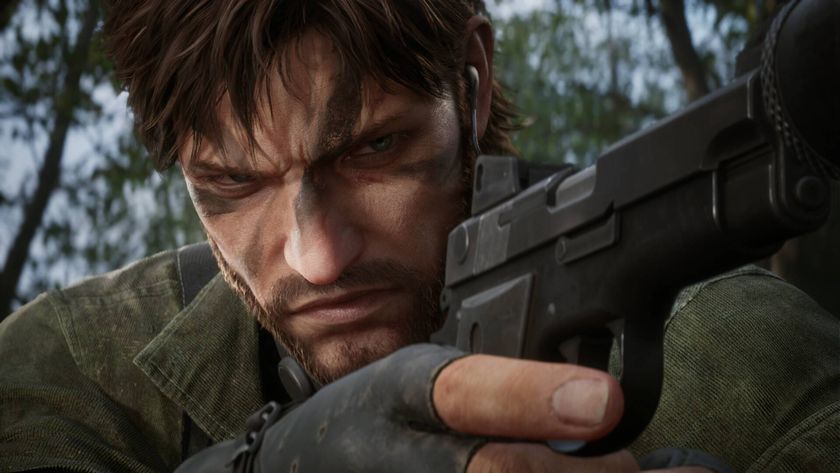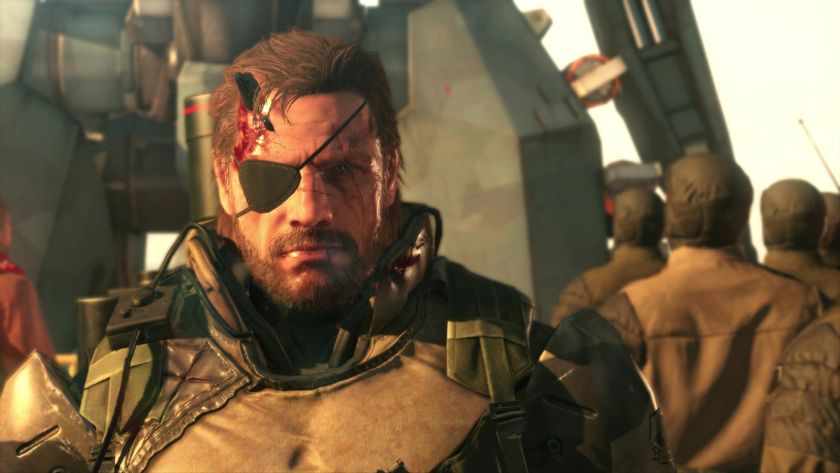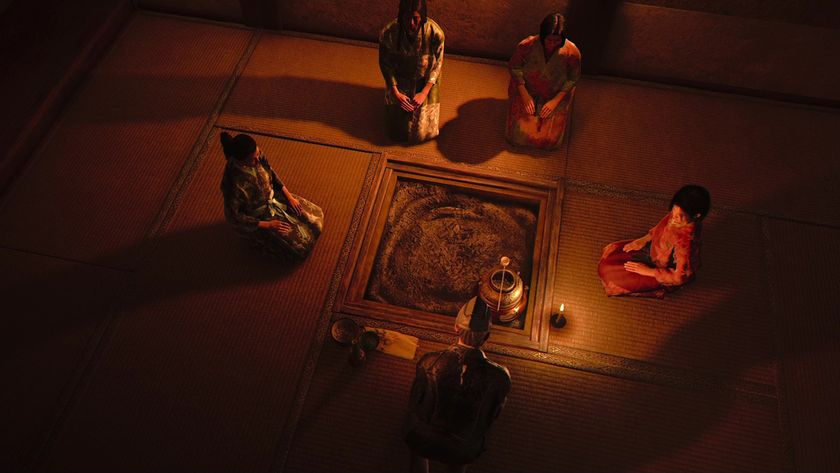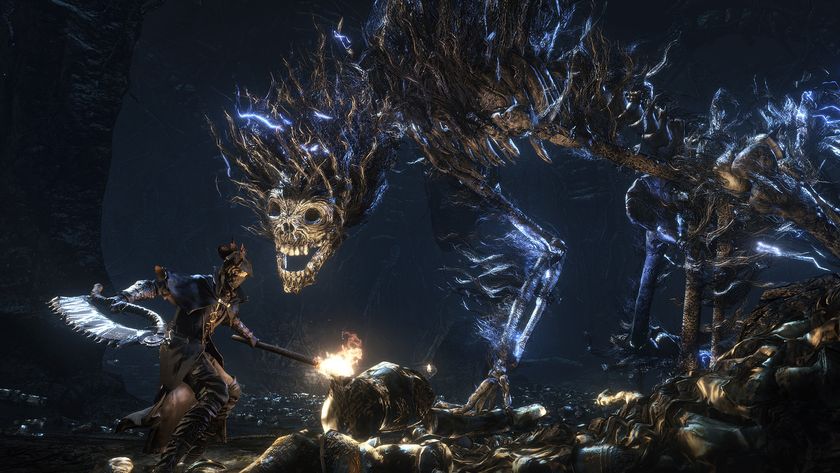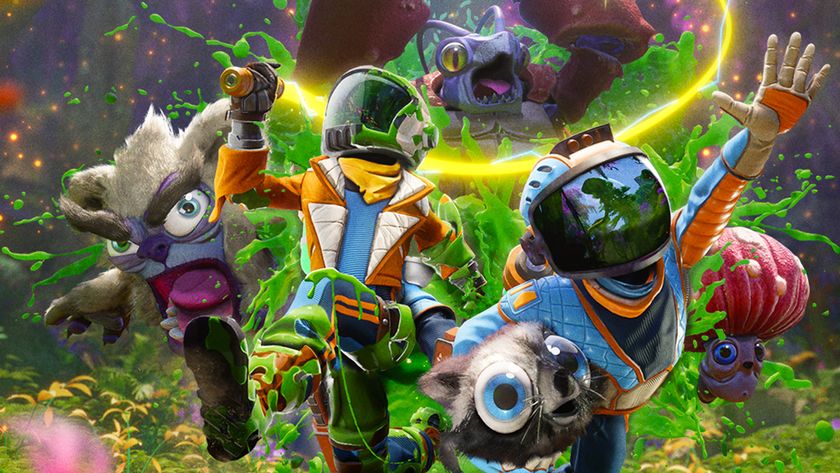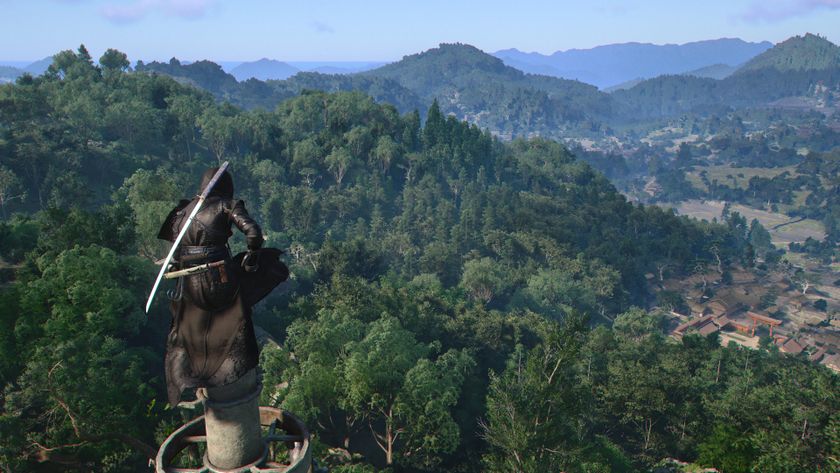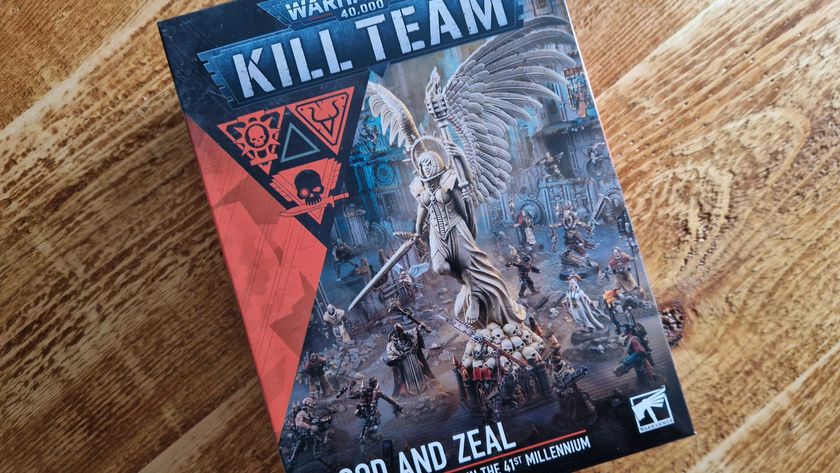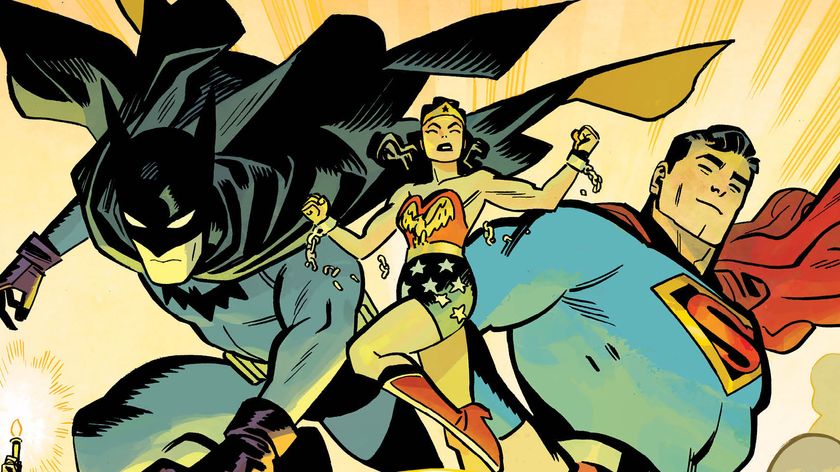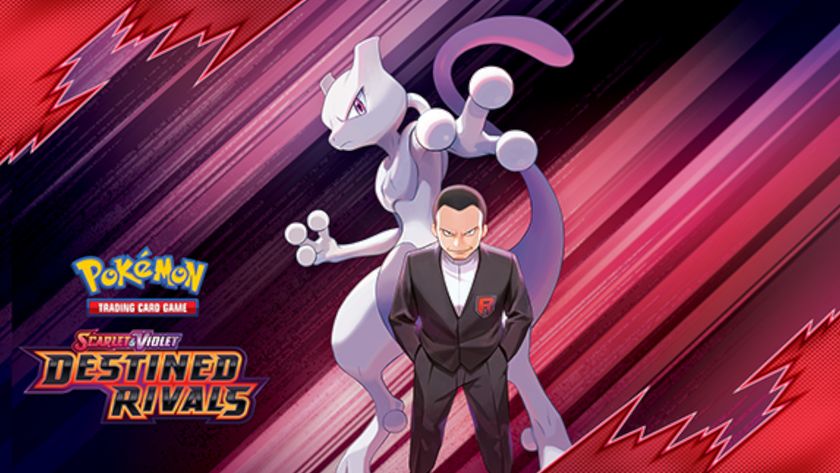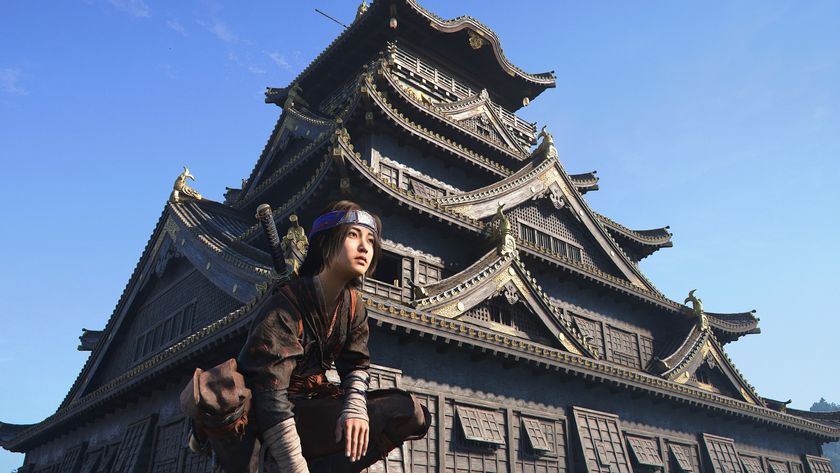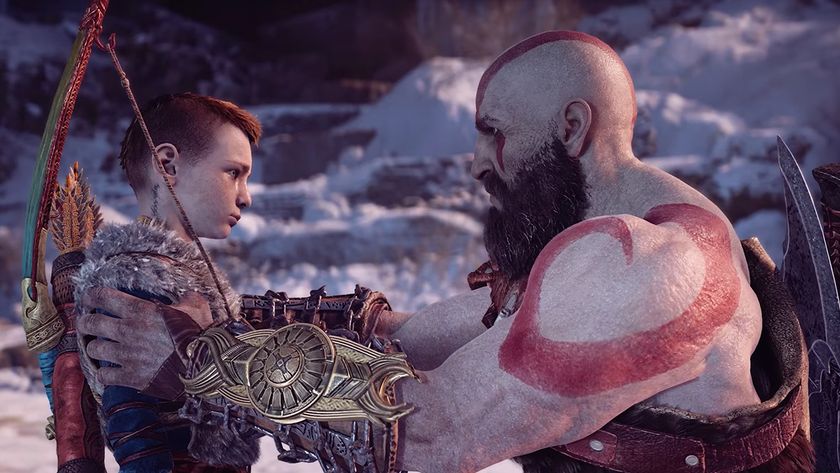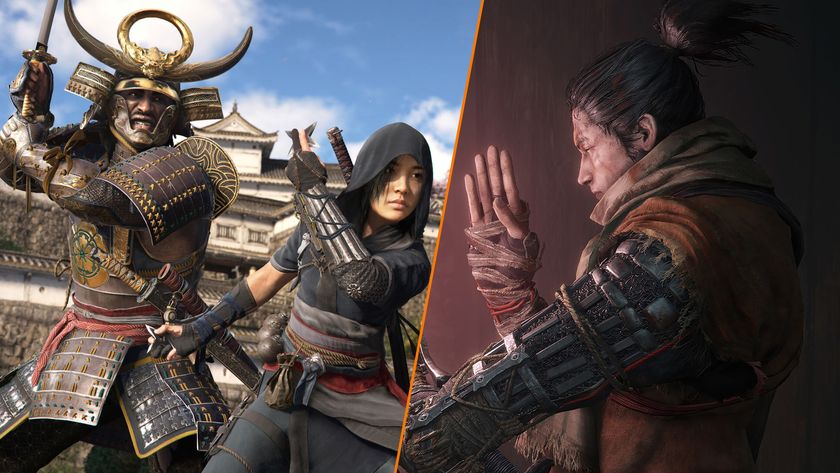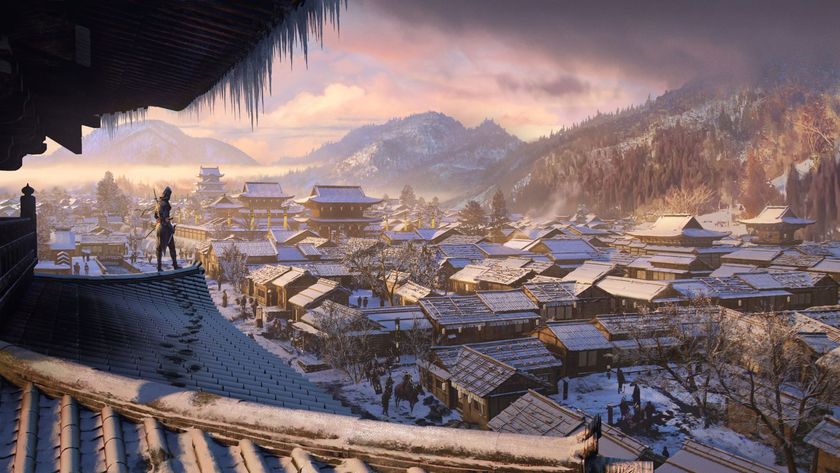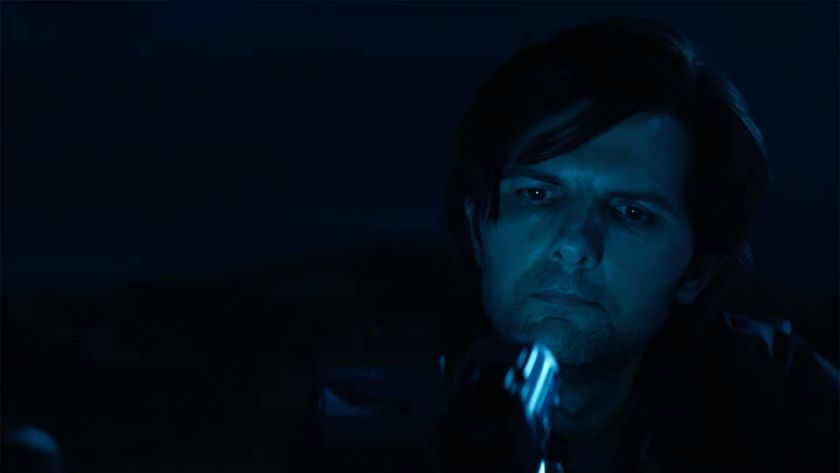Metal Gear Solid 5 is unfinished? That's entirely the point
***THE FOLLOWING ARTICLE CONTAINS SPOILERS AND SHOULD BE READ AFTER COMPLETING MISSION 46 OF MGSV***
There's a school of thought that Metal Gear Solid 5 is 'unfinished' – based on a cut mission from the Collector's Edition bonus disc and some deleted visual files – that is currently bubbling on message boards and '$60 for an unfinished game LOL' Twitter outbursts. The argument is that MGS5's narrative doesn't resolve properly, which is a) wrong b) right and c) speaks to everything about internet culture. It also shows that while people are playing MGS5, and racing for 100% completion, they're not listening to what Kojima is saying. Or rather, not understanding *why* Kojima doesn't resolve every plot thread – and how the 'unfinished' feel might be deliberate.

Fan outrage stems from The Collector's Edition bonus disc which features a 20 minute video of Mission 51: Kingdom of the Flies, built from incomplete cut-scenes and storyboards, that didn't make the playable game.
Unsurprisingly, fans have gone tropic, with a conspiracy that Kojima is working on the *real* MGS5 as we speak
Is MGS5 unfinished? Of course. You don't so much finish a game as set a point in time where you have to ship it and make peace with what it contains. MGS5's September 1 release date was confirmed in March 2015, six months ahead of launch. Konami's management may, or may not, have imposed this date, hoping to recoup on their investment of five to seven years of development wages. That's not cruelty, but the economic realpolitik of how games exist and at one stage Konami had hoped the game might arrive as early as late 2014. MGS5's cost is claimed to be $80m by Japanese publication Nikkei (GTA5's dev costs are rumoured to be $140m). It's unclear when Kojima Productions knew the release date, but had at least six months to lock the story within new constraints.
Contextually, there are echoes of Mass Effect 3 in 2012, where fan displeasure with the (slightly daft) ending, lobbied developers BioWare into releasing an 'extended cut'. The new endings made ambiguities c.l.e.a.r. and acted like a digital cuddle for those who'd invested 100s of hours in the series. BioWare even released a special prequel DLC set on the Citadel where all the characters had a 'moment' and went to the casino together, which was as terrible and brilliant as it sounds.

Whether creators truly own their work, or it belongs to fans, isn't the core issue. I'd happily see George Lucas imprisoned for the Star Wars prequels, but I defend his right to make an atrocity. The inverse scenario is when creators give their fans *exactly* what they want to make the reverse point. The Wachowski Brothers spectacular 'alternate ending' to The Matrix: Path of Neo is the best example, where existential questions are replaced by a boss battle with a giant robot Agent Smith – before a party in Zion to Queen's 'We Are The Champions'.
Sign up to the GamesRadar+ Newsletter
Weekly digests, tales from the communities you love, and more
Hideo Kojima has already made this game. MGS4: Guns of the Patriots, released in 2008, is the series chronological finale set in 2014. It ties up *all* of the series' loose ends in almost an hour of cut-scenes. Bar a genuinely touching Snake/Big Boss reunion, it features a scene with Raiden (complete with stitched-on arms) cuddling his lost son, plus the wedding of Johnny Sasaki and Meryl. It's wonderful, awful, fan-baiting tosh, that makes the ending of Lord of the Rings: The Return of the King look concise. If this wasn't enough, there are a total of five MGS games set after 1984 and the events of MGS5 (six if you count Metal Gear Rising). We know exactly how every character's arc proceeds after The Phantom Pain. How many endings do we need? MGS5 alone has three endings.
It plays into the bigger, more contextual, issue of how to interpret Hideo Kojima's games. We all liked the Psycho Mantis boss battle where he reads your memory card, but you could argue all of Kojima's output is fourth-wall performance theatre, where release trailers, Twitter clues, events, fan theories and, yes, the games, intermesh to form the coherent, contextual, whole. For many, we've been playing MGS5, and its guessing game of clues and misdirects, for over 3 years.
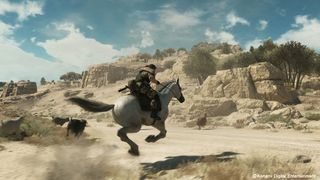
MGS2 is a post-modern critique of sequels, the nature of video-games and the illusion of choice – a deceptively deep game that took fans years to understand. MGS2 is deliberately designed to be 'dumb' to raise bigger questions, with its classic sequel structure and naive lead character Raiden. MGS4 almost lampoons its fans desire for resolution, while remaining genuinely powerful and nostalgic, with clear antipathy toward the rise of the FPS and the 'bigger, badder and better' endless lust for sequels. MGS4's PMCs could easily be equated to fanboys locked in the endless cycle of the console 'war'. This 'proxy war without end' is also the name of a mission near the end of MGS5, which is likely no accident.
MGS5’s meta-depths have yet to be fully explored, but behind the themes of race, religion, language and revenge, is a clear warning about the ceaseless chatter of the information age. Most obviously, how 'proxy wars' of ideas and philosophy calcify individuals around belief sets, or how information erodes as it travels, losing the original meaning (listen to the 'Origins of Shalashaska' tape). It also explores confirmation bias, and how we manipulate language and facts to suit our beliefs. Why do you call D-Dog a dog, cries Huey, when he is clearly a wolf. Huey suggests Mother Base's soldiers are softening their language to make themselves feel like the good guys. Quiet is the antithesis of this, who demonstrates her values through actions, and only speaks when she has something vital to say, which serves as its own indictment of the Twitter age of permanent, oft-meaningless, discourse.
It's an expansion on the themes of internet culture in 2001's prescient MGS2, where Rose and the Colonel explain: “The digital society furthers human flaws and selectively rewards development of convenient half truths. The untested truths spun by different interests continue to churn and accumulate in the sandbox of political correctness and value systems. Everyone withdrawals into their own small gated community, afraid of a larger forum. They stay inside their little pounds, leaking whatever truths suits them into the growing cesspool of society at large. The different truths neither clash nor mesh. No one is invalidated, but no one is right.”

It wouldn't be hard to apply that critique to all internet 'debate', or in particular, video gaming's own 'proxy war without end' that defined 2014. By writing this article, I am a willing participant in an un-winnable war of opinion, knowing it will only calcify some fans into the belief that MGS5 is unfinished, who will pick at sections of my argument, but ignore the context – just as I assemble evidence to my own ends.
So what if MGS5 is engineered 'unfinished' to spark such debate? We are knowing participants in Kojima's game – and one he urges us to break free of. The importance of choosing your own destiny is pretty clear from Eli's tale, who allows his fate to be determined by a piece of misinformation… and that's obvious even without Mission 51. If MGS5 is Kojima's final MGS game, it's clear he is passing on ownership of the series to us. Not only do MGS5's open-world systems make you author of its legacy (each gamer's story will be their own), but he is deliberately stepping back from didactic cut-scenes and holding our hand. It couldn't be any more clear: we are Big Boss now.
When MGS5 does attempt to fill the blank panels of its lore (like the tape explaining how parasites were taken from MGS3's Cobra unit), it almost feels like we're receiving too much information. Where does the lust for 'completeness' end? In that respect, telling a tale of almost no-consequence – essentially a throwaway Bond plot about deadly worms – is its own statement. It no longer matters what Kojima has to say, and we have to learn to live without his guidance.
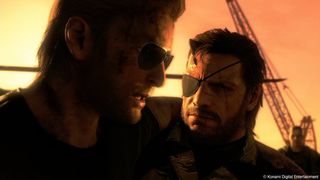
The entire game is hinged on the subjectivity of facts, and how 'completing' the lore could easily be reverse engineered at a later stage. MGS5's first words are 'This is a work of fiction' and it concludes with Nietzsche's claim that 'There are no facts, only interpretations'. It's a game that begins in confusion, and ends in a twist – with a warning that one detail can change the entire context of 70 hours play. You could argue that MGS5's entire story exists around plot holes in the series lore. As Kaz Miller, and so many characters in MGS5 discover, the 'phantom pain' of obsession doesn't abate, even when they get the resolution they thought they wanted.
MGS5's Act Two can justify its incoherence for just this reason. Sure, it re-uses old missions and the story beats feel wedged together, but it's a tale of the day after tomorrow. It's about how it feels to keep living when your purpose is no longer clear. Snake is, effectively, phoning in his job by constantly re-deploying to the battlefield – echoed by the mantric structure – and it's appropriate he wouldn't realize that he's just lived the same day twice. The players that do notice and get aggravated… might just be understanding what Kojima really wants to say, and how we all need to move on.
Hey, maybe you already think the same, and just wanted a fairytale ending because, dammit, it's been a long ride. I'd have happily played Kingdom of the Flies, but equally, know it doesn't need to exist. In any case, it does, and – hey – we've all got YouTube. Why else would Kojima put it on the disc? We need to start looking outside the game for our answers. Some fans have already taken the lore into their own hands.
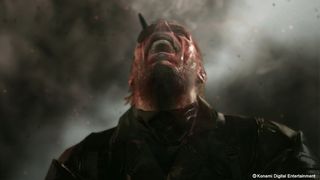
So, are you convinced MGS5 is unfinished? Or just unhappy that you weren't gifted the ending you expected? Increasingly, it seems 'good' games, reviews and opinions are just those that agree with what we already thought. I'd imagine many of those feeling upset are those who bought into the 'Snake is Gray Fox' theory peddled by the - brilliantly constructed - Python Selkan videos, which were also totally incorrect. Well, unless Kojima decides at some stage to retro-fit the 'facts' to match that narrative, to re-engineer the myth; just as he has the legacy of Big Boss and the 'certainty' of his descent to villainy. I mean, there's always DLC. Always another sequel. Another tale to tell.
Maybe Kojima did hate his own game (in fact, he's long mused about the gilded prison of the MGS series, from as early as MGS2), and was forced to rush development, cutting key scenes – but, somehow, he engineered the perfect exit clause in the time he had left, which feels like no accident.
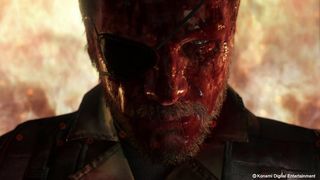
If you really want deeper meaning, re-listen to the 'Hamburgers of Kazuhira Miller' tapes, and consider that they may not really be about hamburgers, but puritanical attitudes to life, or political correctness… or even Konami's internal software approval processes. Personally, I thought the story resolved quite brilliantly: with a memory unique to myself. Sat alone on an African mountain top, I listened to all 25 minutes of 'The Truth' tapes – unlocked after you finish the final story mission – as it started to rain. It was only during the very final tape – as an ailing Major Zero addresses Big Boss, who is still in a coma – that a thought occurred… what if Zero is a veiled metaphor for Hideo Kojima's role in MGS, no longer in control of a system he established?
I listened, hungrily, to perhaps the last two minutes of Metal Gear lore I'd ever absorb, like grains of sand running through my fingers. I'll always want more. But I listened. It was enough.
FGS Content Director. Former GamesRadar+ EIC, GTAVoclock host, and PSM3 editor; with - *counts on fingers and toes* - 20 years editorial experience. Loves: spreadsheets, Hideo Kojima and GTA.
